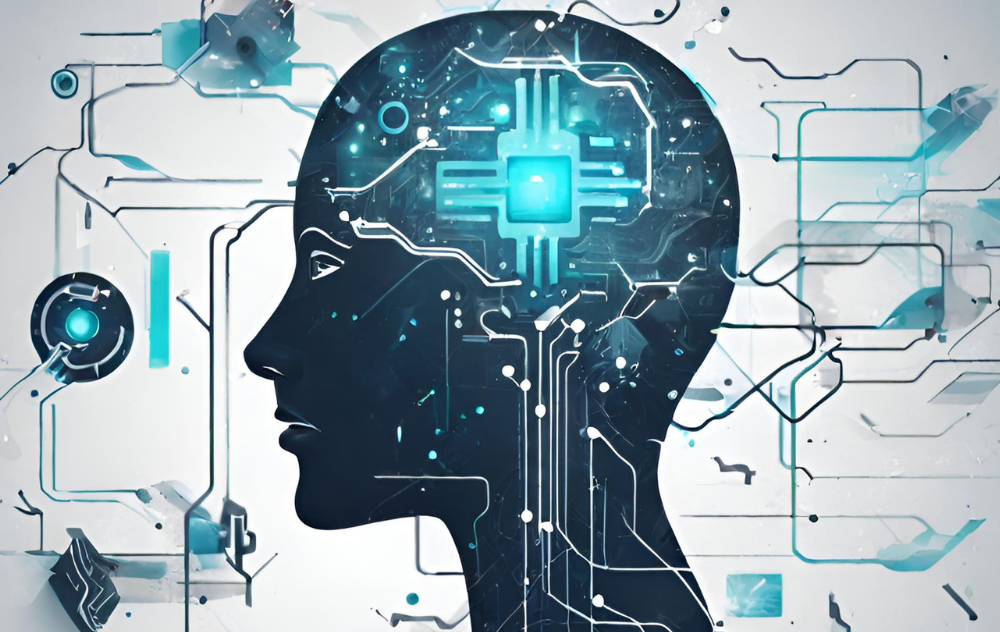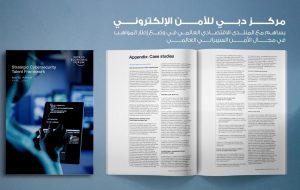Experts and a senior United Nations official have stressed that humanity is in a race against time to learn how to use artificial intelligence (AI) for the greater good while avoiding its significant risks.
At the opening of a global summit in Geneva titled “AI for Good,” Doreen Bogdan-Martin, the Secretary-General of the International Telecommunication Union (ITU), stated, “We’ve let the genie out of the bottle.”
She added, “We are in a race against time,” highlighting the recent extraordinary advancements in AI.
Thousands of attendees at the summit acknowledge that progress in generative AI is accelerating efforts to address urgent global issues such as climate change, hunger, and social welfare. Bogdan-Martin emphasized in a pre-summit message, “I believe we have a once-in-a-generation opportunity to put AI in service of everyone on this planet.” However, she lamented that internet access is still unavailable to a third of humanity, leaving them “excluded from the AI revolution and unable to voice their concerns.”
Power Concentrated in Few Hands
Bogdan-Martin stressed that AI holds “tremendous potential for both good and ill,” underscoring the need to make AI systems safe. She noted the importance of this in the current era, as “2024 is the largest election year in history,” with elections in dozens of countries, including the United States. She warned that “advanced disinformation campaigns, such as deepfakes, make 2024 the most contentious year.” Misusing AI, she cautioned, could not only threaten democratic systems but also endanger young people’s mental health and cybersecurity.
In another event focused on AI governance, Bogdan-Martin highlighted that “the power of AI is concentrated in very few hands,” describing this situation as “dangerous and somewhat unethical for humanity.” Her concerns were echoed by other experts at the summit. Tristan Harris, a specialist in tech ethics and co-founder of the Center for Humane Technology, stressed, “We need to understand where we’re headed,” drawing lessons from social media’s initial promise to connect people, which later led to addiction, misinformation spread, online harassment, and increased mental health issues among teenagers.
Superhuman Capabilities
While AI can benefit humanity in many ways, Harris warned that the incentives driving companies to deploy technology might significantly amplify its negative impacts. “The primary motivation for companies like OpenAI and Google is to dominate the market,” he said, adding, “I hope governance can keep pace with technological advancement.”
Sam Altman, CEO of OpenAI, acknowledged the potential risks of technological advancements. Speaking via video call, he told attendees that “cybersecurity” is currently the most concerning issue regarding AI’s negative impacts. He suggested that in the long term, “a change in the social contract might be necessary due to the expected power of this technology.” Altman also noted that historically, new technologies have been “generally safe and powerful.”
While welcoming discussions on regulatory laws aimed at mitigating AI’s short-term negative effects, Altman warned that crafting laws to limit AI’s progress would be “challenging.” Azim Azhar, founder of Exponential View, highlighted the need for a stronger institutional response “to ensure AI provides people with superhuman capabilities rather than being seen as a tool to replace them.”
Bogdan-Martin welcomed the recent surge in efforts by governments and other stakeholders to establish “protection measures” and regulatory laws for AI use. The European Union recently announced the creation of an AI office to regulate this technology under a new law.













